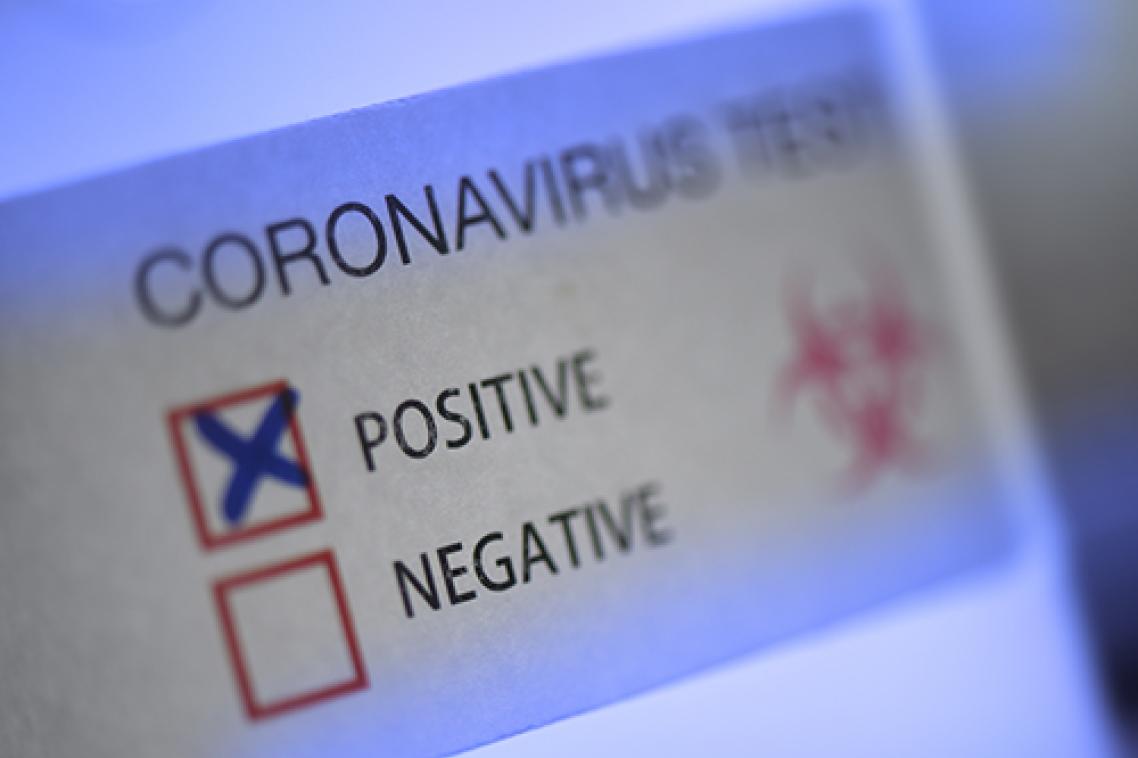Stigma of COVID diagnosis measured in study

Stigma and discrimination linked to a positive COVID-19 diagnosis are the subjects of research being conducted by a multidisciplinary University of Queensland team.
Health justice specialist Dr Claire Brolan of UQ’s School of Public Health and the Centre for Policy Futures will lead the topical investigation, which has close-to-home relevance for the university community.
“Given there was a recent COVID hotspot in the suburbs surrounding UQ, there’s a strong chance some of our staff or students will be able to offer first-hand accounts,” Dr Brolan said.
“We aim to identify and investigate experiences of stigma or discrimination experienced by people in Queensland as a result of a positive COVID-19 diagnosis for them or a family member.
“How did their experiences impact on their ability to access timely health services and support?
“How did it affect their ability to maintain employment, education, housing or other social supports or entitlements?
“Aside from measuring that impact, we will also explore how participants responded to any stigma or discrimination, and the remedies they sought.”
All research findings will be stored on an anonymous basis and collated into a policy brief for the Queensland Human Rights Commission and Queensland Health.
Research data will also form the basis of a scientific journal paper.
The research team has spent months working to stringent UQ research ethical guidelines in order to have the project approved.
“We appreciate this is a sensitive topic, but participation will be beneficial to the broader community in so many ways,” Dr Brolan said.
“The translation of the findings into policy and legal recommendations across multiple sectors will help improve future emergency health, pandemic and infectious disease policy and planning in Queensland and Australia.
“We have to remember that COVID is not only a health issue, but relies on the interaction of many different sectors and stakeholders, and while that complexity can be problematic, it also provides opportunities for smarter and more effective policy and planning across government departments.
“Understanding the social and employment experiences of people diagnosed with COVID-19 goes hand-in-hand with understanding their health experiences.
“It is those experiences that importantly impact the determinants of good health and well-being for individuals in our Queensland community.”
Study participants must be Australian citizens, residents of Queensland, aged 18 years or older, have reliable internet access and have proof of a COVID-19 diagnosis from Queensland Health or other recognised health agencies.
Interviews can be conducted in person or online.
Participants will receive a summary of the research findings and be offered a free warm beverage and $40 gift voucher for their time.
To participate please contact Dr Claire Brolan on 0403 915 050 or via c.brolan@uq.edu.au.
Media: Dr Claire Brolan, c.brolan@uq.edu.au, +61 (0)403 915 050; UQ Medicine Media, med.media@uq.edu.au, +61 (0)7 3365 5133.
Topics
Related articles

Australia needs doctors – so why are hundreds of qualified international physicians unable to work?

Greater attention needed on community service workforce
Media contact
UQ Communications
communications@uq.edu.au
+61 429 056 139
